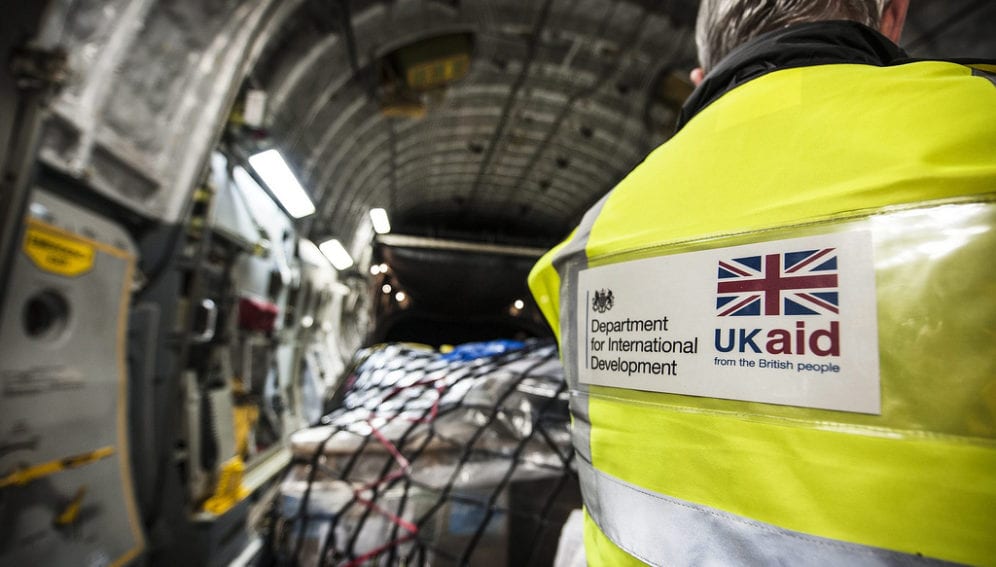By: Jan Piotrowski
Send to a friend
The details you provide on this page will not be used to send unsolicited email, and will not be sold to a 3rd party. See privacy policy.
Research and development (R&D) spending by the United Kingdom’s Department for International Development (DFID) has fallen under the current government, despite the department’s drive for better evidence-based decision-making, an analysis has found.
The department’s research budget in 2011-2012 was £11 million (around US$18 million) below the £237 million that was available in 2009-10, before the coalition government came to power, according to the unpublished study from the UK-based Campaign for Science and Engineering (CaSE).
By slashing R&D spending by a fifth across government over this period, the United Kingdom risked weakening its ability to use science to inform policy, says Naomi Weir, CaSE’s assistant director, and an author of the report.
“Limitations on departmental R&D budgets will impact on [their] abilities to commission new research, monitor projects and support policy development,” she tells SciDev.Net.
“Governments make the claim to base policy on evidence and research, but this just limits the capacity to do that.”
However, Weir believes that compared with other departments — some of which saw their R&D spending halved — DFID represents a rare bit of “good news”.
Despite an overall research funding cut since 2009-10, that budget saw a six per cent rise between the financial years 2010-11 and 2011-12 — outpacing the department’s overall funding increase.
“Governments make the claim to base policy on evidence and research, but this just limits the capacity to do that.”
Naomi Weir, CaSE
The department was only one of three that saw their R&D funding boosted in 2011-12.
And with R&D now comprising 3.7 per cent of total departmental spending, DFID is second only to the department responsible for the environment in terms of the proportion of budget dedicated to research, the study finds.
Although DFID’s overall R&D spending may have fallen since 2009-10, the budget for the department’s central research division has steadily risen since then, a spokesperson says.
The strengthening of the department’s internal research capacity is part of a “marked cultural shift within DFID towards better integration of high-quality scientific evidence into decision- making, policy and strategy”, says a DFID spokesperson.
Recent efforts to improve scientific capacity have included appointing more-qualified researchers and scientific advisors, and creating an independent research advisory group. Despite DFID’s “positive” example, the level of public funding of science as a proportion of GDP in the United Kingdom is still well below that of many developed nations, and the country risks falling behind unless the government shows greater support for science and technology, says Weir.
> Link to CaSE press release on the study
DFID is a SciDev.Net sponsor.














